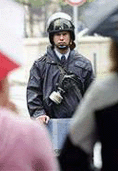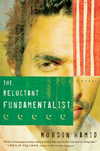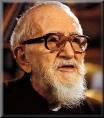
Europe


Democracy in Hungary is Coming Apart at the Extremes
Hungarians have become increasingly alienated from the political elites running the country. Meanwhile, extreme right-wing movements are on the rise. Is Hungary now heading down the road toward fascism, or has it been on this road all along?

One Woman’s Journey from Warlord Somalia to Neocon Washington
Ayaan Hirsi Ali is, among many things, a Somali-born feminist and former Dutch parliamentarian. Her name gained worldwide attention in 2004 after Theo Van Gogh, the grandnephew of the famous Dutch painter, was murdered for his work with Ali on their short film Submission, an artistic statement on the status of women in Islam.

A New Generation, if not a New Deal, in French Politics

Britain and America’s Overstated Threat from Within
Going to my flat in London from Heathrow last month, I found myself in a minicab driven by a man who spoke little English. But he was, like me, a Pakistani immigrant, and he told me in Urdu that his German was quite good. He had moved to the UK only recently. When I asked him why, he replied: "Because after ten years of driving a taxi in Germany, I never drove anyone who looked like you."

L’Abbé Pierre: Voice of the Voiceless
L'Abbé Pierre, champion of the homeless and world citizen, died on January 22nd, 2007 in Paris at 94 years old. He was born in 1912, named Henri Groues, brought up in Lyon in a bourgeois family and educated in Catholic schools. His father was active in helping the poor directly and in Catholic social efforts. As a 15-year old student on his way to Rome for Easter with his school, they stopped at Assisi, where Henri had a mystical experience alone on the mountain side and was ever afterwards influenced by the image of Francis of Assisi helping the poor.
